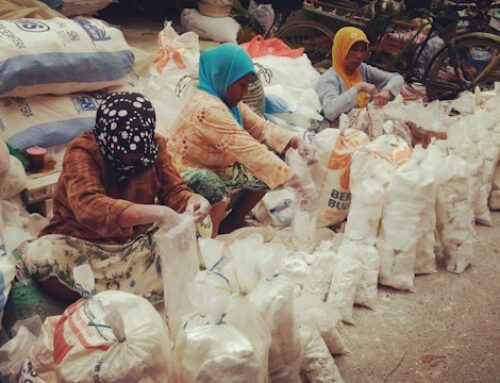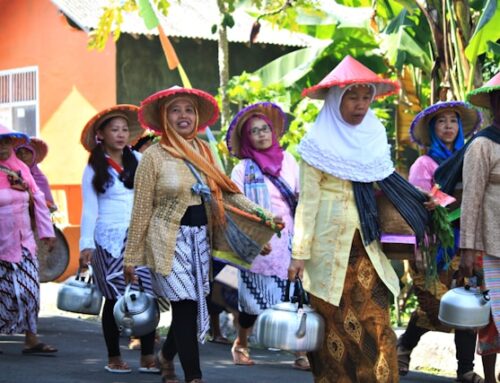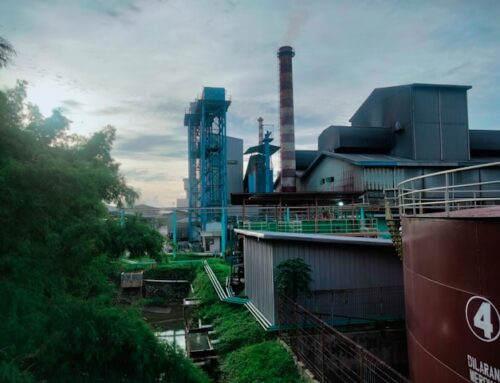Since 2017, the Faculty of Economics and Business Universitas Gadjah Mada and the ANU Indonesia Project together hold the annual public policy forum series titled the Mubyarto Public Policy Forum. The annual public policy forum series is in honour of Professor Mubyarto, a prominent economist at Gadjah Mada University, who was one of Indonesia’s most influential intellectuals on the issue of rural development between the 1960s and 1990s.
The goal of this forum is to stimulate debates on key development policy issues in Indonesia, particularly on rural development and social justice topics.
“…corruption, while not strictly an economic problem, has so severely hindered the progress of justice that it would not be an exaggeration to say that it has fostered the spread of social injustice.” Professor Mubyarto (1984)
One common theme in Professor Mubyarto’s professional and personal life was a concern for economic and social justice. The quote above was taken from his article entitled Social and Economic Justice published in the Bulletin of Indonesian Economic Studies in 1984. In the article, Professor Mubyarto wrote a treatise on corruption as the one problem that, more than inflation, unemployment or other economic problems, hindered the welfare improvement of a significant portion of the Indonesian population who were still living under conditions of great deprivation. Further, Professor Mubyarto highlighted the complexity of motivation and opportunity that surround corruption, and the need for research in understanding how corruption manifests itself in society.
In 2022, the 6th Mubyarto Public Policy Forum will be on the topic of corruption, with a presentation by Dr Rimawan Pradiptyo (Faculty of Economics and Business Universitas Gadjah Mada) entitled Is ignorance bliss? An experimental approach to estimating unregulated corruption. Dr Pradiptyo will present research that uses an experimental design to investigate the deterrence effects of fines on corruption. Using a series of games simulated opportunities for embezzlement and bribery, Pradiptyo et al found that experimental groups who faced the risk of financial penalties had lower rates of corruption, even when the penalty was small. This is significant for public policy in Indonesia, where the private sector in particular does not face adequate anti-corruption regulation.
The presentation is based on research and paper co-authored with Putu Sanjiwacika Wibisana and Putu Arya Wigita.
The discussants are Dr Arianto Patunru (Indonesia Project, The Australian National University) and Dr Vivi Alatas (Asakreativita).
Friday, 4 November 2022 at 09.00-11.30 WIB (GMT +7)
The event will be fully online on Zoom. Registration required: https://bit.ly/2022MPPF
Slides and video for past seminars:




